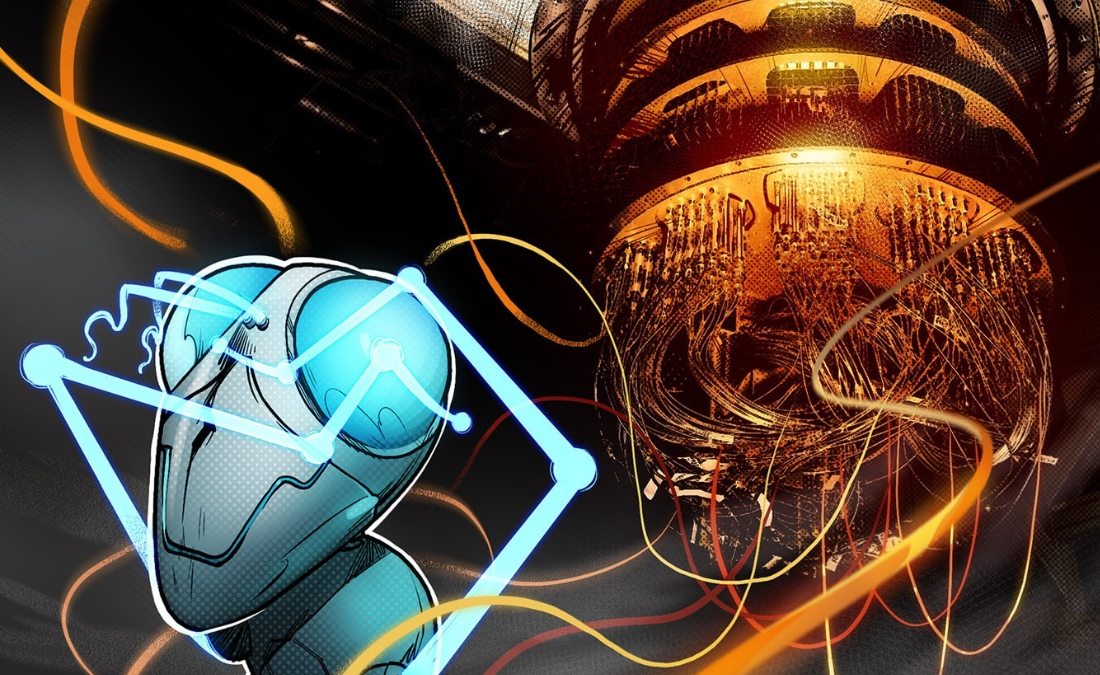
(Image credit- Beijing is doing a great job of ...
news-extra-space

 Image credit- Tech Times[/caption]
This is one of the reasons the National Institute of Standards and Technology (NIST) of the US Department of Commerce has started a project to create post-quantum security standards, asking experts to submit quantum-resistant public-key algorithms for assessment, warning:
"Many of the public-key cryptosystems currently in use will be cracked if large-scale quantum computers are ever created. The integrity and security of digital communications via the Internet and elsewhere would be substantially jeopardised by this. Because of this, we must start preparing our information security systems now to be ready to resist quantum computing, regardless of whether we can predict the precise moment of the advent of the quantum computing age."
This day may still seem fairly distant in the future given the capabilities of today's quantum computers. But quantum computer technology is developing quickly.
2019 saw the separate construction of 53-qubit quantum computers by Google and IBM. Two years later, a Boston-based startup by the name of QuEra created a 256-qubit quantum computer, and this year, IBM declared that they would finish a 1,000-qubit computer the next year. Additionally, PsiQuantum has already raised $215 million to construct a quantum computer that includes one million qubits.
[caption id="" align="aligncenter" width="600"]
Image credit- Tech Times[/caption]
This is one of the reasons the National Institute of Standards and Technology (NIST) of the US Department of Commerce has started a project to create post-quantum security standards, asking experts to submit quantum-resistant public-key algorithms for assessment, warning:
"Many of the public-key cryptosystems currently in use will be cracked if large-scale quantum computers are ever created. The integrity and security of digital communications via the Internet and elsewhere would be substantially jeopardised by this. Because of this, we must start preparing our information security systems now to be ready to resist quantum computing, regardless of whether we can predict the precise moment of the advent of the quantum computing age."
This day may still seem fairly distant in the future given the capabilities of today's quantum computers. But quantum computer technology is developing quickly.
2019 saw the separate construction of 53-qubit quantum computers by Google and IBM. Two years later, a Boston-based startup by the name of QuEra created a 256-qubit quantum computer, and this year, IBM declared that they would finish a 1,000-qubit computer the next year. Additionally, PsiQuantum has already raised $215 million to construct a quantum computer that includes one million qubits.
[caption id="" align="aligncenter" width="600"] Image credit- The Quantum Insider[/caption]
Decentralized networks are regrettably also on the list of prospective victims because a quantum computer could compromise at least one fundamental cryptographic primitive supporting the majority of current blockchains (i.e., the digital signature scheme). Everyone is concerned that blockchains, including Bitcoin's, will be easily compromised by quantum computers. All digital assets are thus in danger.
Additionally, while though blockchain technology has historically been mostly used in cryptocurrency applications, a number of other commercial sectors that have started to use decentralised leger technology risk being attacked by quantum computers in the future.
These consist of:
Image credit- The Quantum Insider[/caption]
Decentralized networks are regrettably also on the list of prospective victims because a quantum computer could compromise at least one fundamental cryptographic primitive supporting the majority of current blockchains (i.e., the digital signature scheme). Everyone is concerned that blockchains, including Bitcoin's, will be easily compromised by quantum computers. All digital assets are thus in danger.
Additionally, while though blockchain technology has historically been mostly used in cryptocurrency applications, a number of other commercial sectors that have started to use decentralised leger technology risk being attacked by quantum computers in the future.
These consist of:
 Image credit- Duncan Wong[/caption]
Supply Chain and Logistic Services track shipments as they move through intricate supply chains while automating chores along the way using blockchain-powered devices.
The automotive sector is investigating the potential of blockchain technology to support automated gasoline payments, smart parking, and automated traffic controls.
Given the fast growing use of decentralised ledger technology in today's business and financial sectors, it is obvious that developing a blockchain that is impervious to quantum attacks is essential.
This challenging work has already been undertaken by a team of cryptographers and mathematicians from the Singapore-based project Abelian, which has developed the world's first L1 post-quantum blockchain and its own privacy-preserving coin.
Image credit- Duncan Wong[/caption]
Supply Chain and Logistic Services track shipments as they move through intricate supply chains while automating chores along the way using blockchain-powered devices.
The automotive sector is investigating the potential of blockchain technology to support automated gasoline payments, smart parking, and automated traffic controls.
Given the fast growing use of decentralised ledger technology in today's business and financial sectors, it is obvious that developing a blockchain that is impervious to quantum attacks is essential.
This challenging work has already been undertaken by a team of cryptographers and mathematicians from the Singapore-based project Abelian, which has developed the world's first L1 post-quantum blockchain and its own privacy-preserving coin.
Leave a Reply






